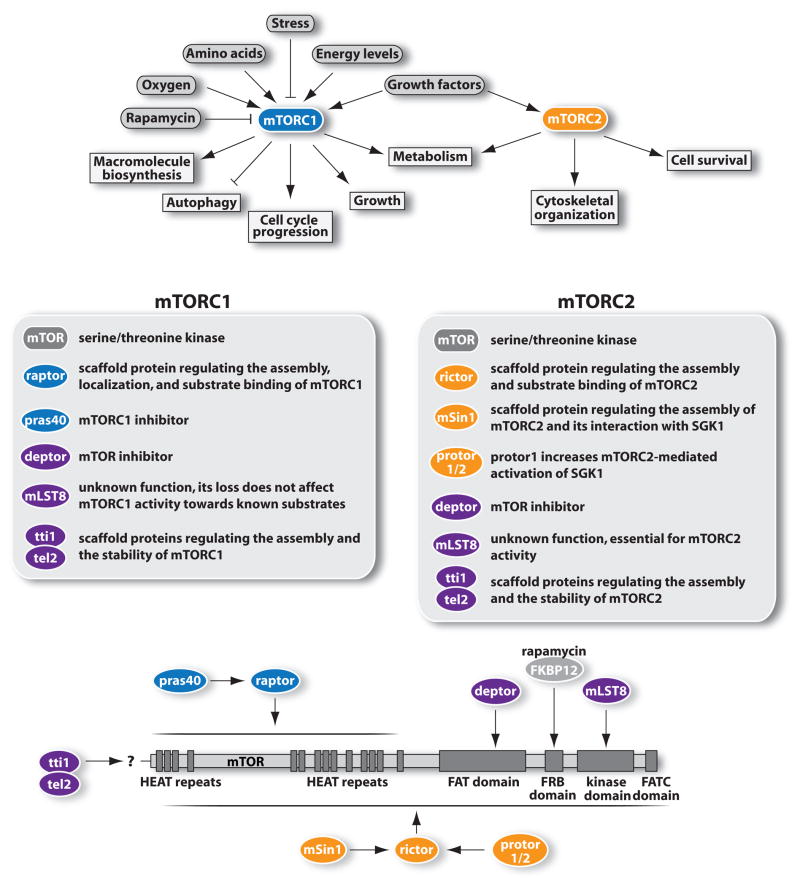Figure 1. Overview of mTORC1 and mTORC2.
The mTOR kinase nucleates two distinct protein complexes termed mTORC1 and mTORC2. mTORC1 responds to amino acids, stress, oxygen, energy, and growth factors and is acutely sensitive to rapamycin. It promotes cell growth by inducing and inhibiting anabolic and catabolic processes, respectively, and also drives cell cycle progression. mTORC2 responds to growth factors and regulates cell survival and metabolism, as well as the cytoskeleton. mTORC2 is insensitive to acute rapamycin treatment but chronic exposure to the drug can disrupt its structure. The middle panel describes the known functions of the protein components that make up the mTOR complexes and the bottom panel schematically depicts their interaction sites. Refer to the text and abbreviation list for details about the complete name of proteins.

